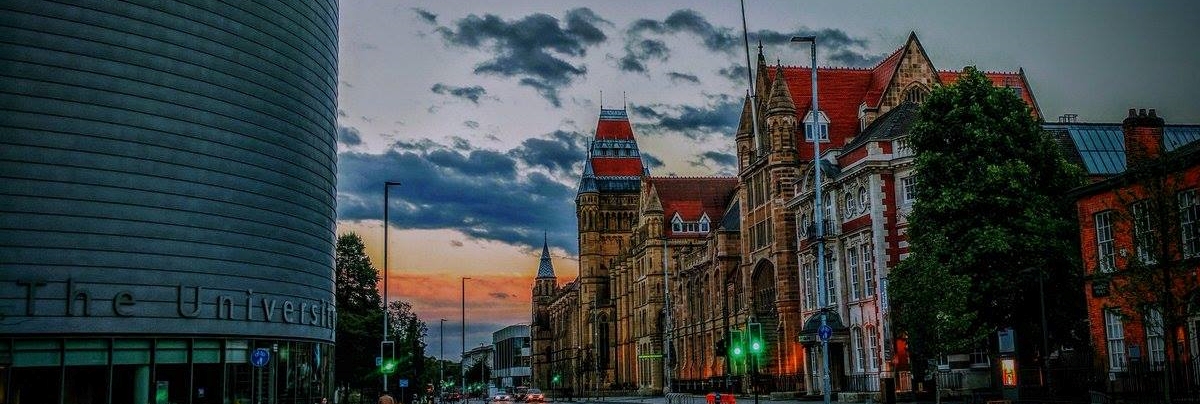
Justice and the Family
Gulzaar Barn (University of Amsterdam); Areti Theofilopoulou (Czech Academy of Sciences)
Arthur Lewis Building: Room 3.008
There exists a long philosophical tradition of exploring the role that the family has in upholding societal injustice, from Plato, through to Engels, and Sophie Lewis’ recent call to arms, Abolish the Family. These theorists have in common the idea that nuclear households are channels through which wealth and property are amassed, and thus have a role in upholding inequality. The family has also been used by social contract theorists as a model for understanding the origin of the state and its relations with its subjects, with Hobbes claiming cities and kingdoms “are but greater Families.” For John Rawls, the ‘monogamous family’ is one of the major institutions comprising the basic structure of society, and feminist theorists like Susan Moller Okin have extended the Rawlsian paradigm to address inequalities surrounding domestic labour and childrearing. The family, therefore, has been of utmost importance to theorising about justice, and we seek to continue this tradition by bringing together scholars working from diverse viewpoints in this area.
We seek to engage with theoretical questions surrounding the nature and justification of the family, as well as how the family ought to be structured and regulated. Such questions concern parent-child relationships, relationships between adults, as well as the effects of different family structures on society. Such questions have far-reaching implications for social policy. Thus, we are also interested in more practical discussions on whether and how the state ought to intervene in the family, whether alternative family structures (e.g., institutional non-parental care) are required by justice, and whether and which assisted reproductive technologies ought to be available.
We invite submissions on any issue related to the family as a site of justice. Potential topics could include, but are not limited to, the following:
- Family abolition, reform, and defence.
- The contingent nature of the nuclear family (cross-cultural and non-Western analysis welcomed).
- The standing and justification of alternative modes of kinship.
- Reproductive technologies and the role they play in upholding genetic connection and the nuclear family, and corresponding assessments on their justifiability.
- The choice to have children in the context of looming climate catastrophe.
- Whether justice requires state intervention in the family.
- Parental partiality, equality of opportunity, and the transmission of advantage
- A child-centred upbringing.
- The permissibility of passing religious or ideological values onto one’s children.
- What constitutes abuse and neglect in parent-child and adult relationships.
- Emotional abuse and neglect in parent-child and adult relationships and their peculiar wrongs.
- The wrongness of a dysfunctional upbringing.
- The intrinsic goods of childhood.
|
|
|
|
11:00-12:30 |
Registration |
|
12:30-13:30 |
Lunch |
|
13:30-14:00 |
Welcome Speech |
|
14:00-16:00 |
Session 1 Tim Fowler: Independence for Perfectionists Dennis Arjo: Transformative Experiences and the Challenge of Parental Authority |
|
16:00-16:30 |
Tea and Coffee Break (optional) |
|
16:30-17:30 |
Session 1 (continued) Matthew Clayton: TBC |
|
17:45-19:00 |
Wine Reception |
|
19:30 |
Conference Dinner |
|
|
|
|
9:30-11:30 |
Session 2 Gulzaar Barn: Expanding the Maternal Giulia Cavaliere and Francesca Cesarano: Gender Socialization and the Public Provision of Fertility Treatment |
|
11:30-12:00 |
Tea and Coffee Break (optional) |
|
12:00-13:00 |
Session 2 (continued) Riccardo Maria Spotorno: Child’s Best Interest Takes Priority |
|
13:00-14:00 |
Lunch |
|
14:00-16:00 |
Session 3 Areti Theofilopoulou: The Cycle of Violence and State Wrongdoing Paloma Morales: What Do Bedtime Stories Have to Do With It? |
|
16:00-16:30 |
Tea and Coffee Break (optional) |
|
16:30-17:30 |
Session 3 (continued) Christina Easton: “But You’re Her Mother”: The Moral Exploitation of Women in Family Decision-Making |
